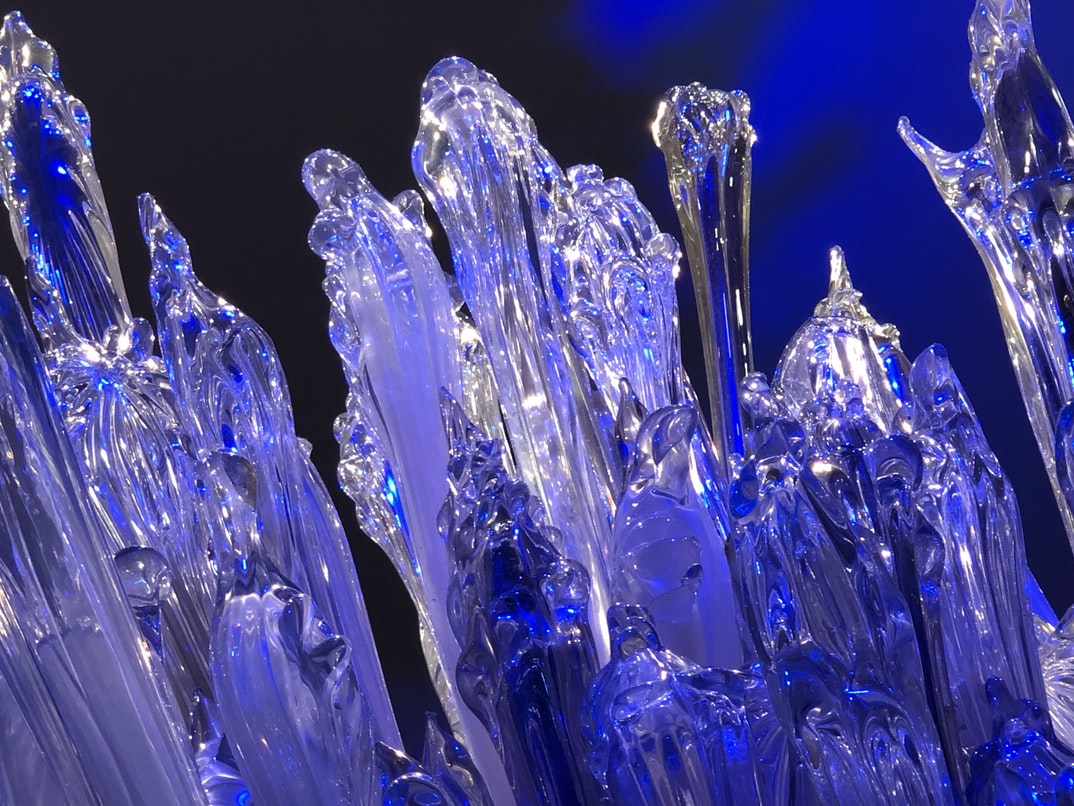Polypharmacology or “pharmacological promiscuity” in psychedelic research: what are we missing?
Authors:
Genís Oña, Rafael G. dos Santos, Jaime E. C. Hallak, and José Carlos Bouso.
Journal:
ACS Chemical Neuroscience
Year:
2020
About the study
Research with natural products entails high complexity since natural molecules tend to display multitarget effects, also known as “pharmacological promiscuity.” Recent studies suggest that these effects could be a promising approach in the treatment of psychiatric and neurological disorders.
Therefore, scientists should not ignore the benefits reported by the traditional use, as well as the fact that isolated components are often less effective than whole plant extracts.
In the area of psychedelic research, although investigating isolated components is very important and “pharmacological promiscuity” is not always beneficial, the investigation of whole products is an emerging topic that should be borne in mind.
Abstract
Rationale: Research with psychedelic drugs has mainly focused on isolated compounds. However, this approach is challenged by the “polypharmacology” paradigm.
Methods: In this Viewpoint, we suggest that we may be missing something if we do not use the whole product in the case of ayahuasca or Psilocybe mushrooms.
Results: After describing how research on psychedelic drugs can be effectively combined with the polypharmacology paradigm, ethical issues are also briefly discussed.
Excerpt: Polypharmacology in psychedelic research
“Psychiatric disorders, the main ones for which psychedelics have proven their preliminary efficacy, are complex disorders. Apart from being polygenic, they are modulated by epigenetic factors, so advancing toward complex treatments is justified. Psychedelic drugs have brought to psychiatry a treatment that combines both pharmacological and psychological interventions simultaneously, which can be considered as already a quite complex intervention. However, it has yet to be tested if the effects of psychedelics are enhanced by psychotherapy. Likewise, it has yet to be tested if the effects of isolated compounds differ from whole plants or fungi.”
Photo by Melissa Gapen on Unsplash.
Categories:
Studies & papers
, Polypharmacology
Tags:
ayahuasca
, scientific research
, study
, psilocybin
, psychedelics
, psilocybe
, polypharmacology
, psychotherapy

